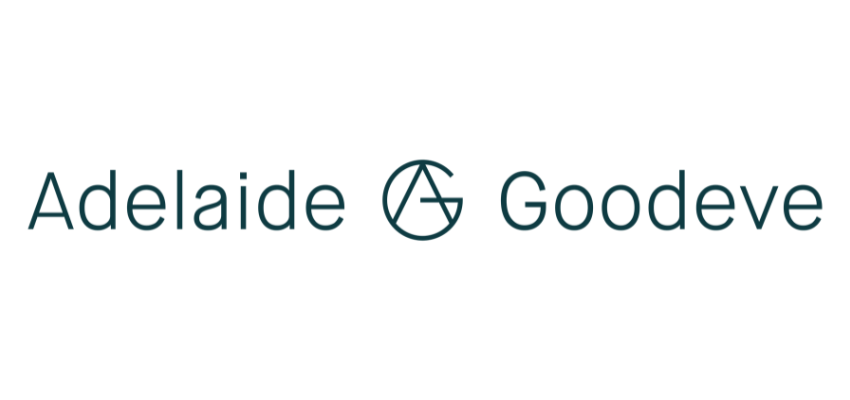3 Steps to mentally moving on from missing a training session
/How do you mentally move on from missing a training session?
When you miss or think about missing a session, do you instantly start feeling and thinking guilty about it?
These feelings and thoughts take you away from focusing on all the great stuff you’ve achieved and what you need to do in order to perform at your best in the future.
Here’s 3-steps to quickly moving on from missing a training session and start smashing it again:
Step 1: Use Active Language
When you say ‘I’m beating myself up about missing my training session’, it is stated as a fact and the only option you have is to beat yourself up about missing a training session. And actually, that just isn't true.
You need to change this sentence from passive (you can’t change your response to missing your training session) to active using do, doing or did (you can change how you respond to the situation).
If you are DOING something that’s not performance or life-enhancing, like beating yourself up, then you can DO something else instead.
Once you’ve acknowledged you’re doing something unhelpful, for example, ‘I’m doing beating myself up around missing my training session’, a powerful question to ask yourself is:
What would I love to feel and think instead?
Step 2: State what you want in positives
Once you’ve asked yourself the above question, you want to answer it using positive, performance-enhancing language.
When you say, ‘I don't want to feel guilty about my training session’, the problem is that your brain doesn't hear the ‘not’.
For example, if I tell you right now, do NOT think of Einstein dressed up in a pink sequin suit riding a giant unicorn, you instantly think of that image, because your brain is preparing not to think about it. And this is how your brain works with feelings.
When you say, ‘I don't want to feel guilty about missing my training session’, your brain activates the neuropathways associated with guilt around missing your training session, which creates the physical and mental thoughts and feelings associated with guilt.
And because you’ve activated these unhelpful neuropathways, you’ve unwittingly strengthened them as well. So when you miss another training session, you’ll instantly feel guilty about it.
This is why one of your key cornerstone habits is using performance-enhancing positive, powerful, productive language.
So let’s try again!
When I ask you, What would you love to feel and think instead?
Answer the question with performance-enhancing language like, ‘I’d love to feel calm and relaxed about missing the session, and know I’ll get back on it tomorrow.’
The next powerful question is, how can you achieve that?
Step 3: How can you achieve that?
Again, you must answer using performance-enhancing language.
You might plan out how you’ll nail your session tomorrow to the best of your ability.
Or re-frame it, for example, although I did miss a training session, I gained a really important rest day, which is absolutely essential for performing at my best.
Or you might like to mediate with some box breathing or replace it with yoga, or anything else that helps you achieve what you’d love to feel and think instead.
Now, if missing training sessions becomes a consistent habit, that’s when you want to delve deeper into why and seek outside help, whether it’s from your coach, accountability buddy or your doctor etc.
Now it’s over to you, let me know how you get on with mentally moving on from missing a training session in the comments below!


